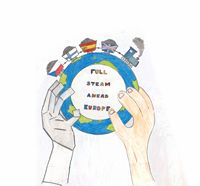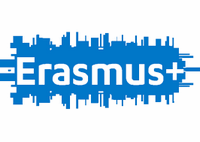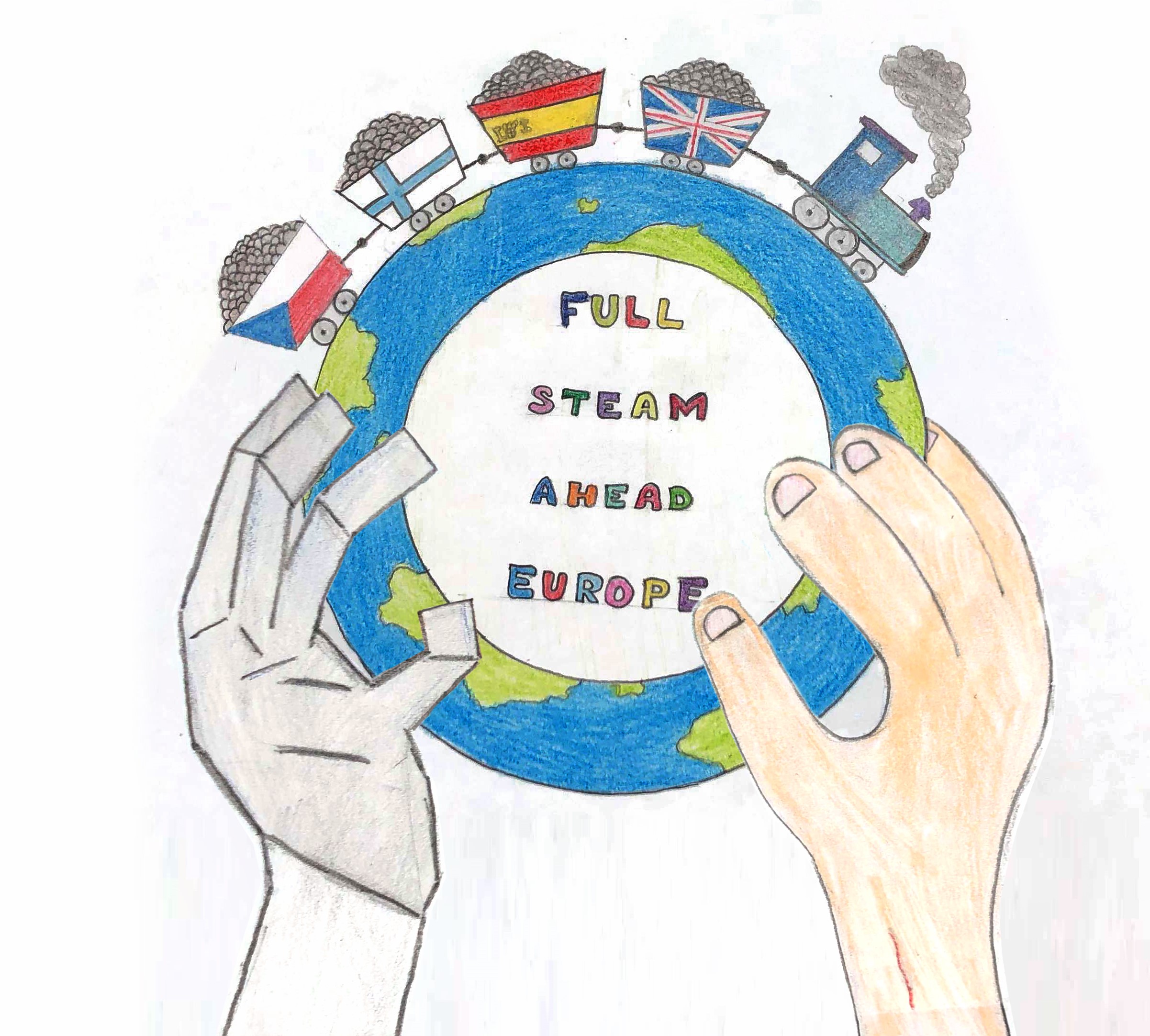


PROJECT’S MOTIVATION
Our partnership do firmly believe that education and culture are the key to the development of commited societies and citizenship. Being 2018 the European Year of Cultural Heritage, we cannot pass up this unique opportunity of linking our diverse cultural heritage across Europe with the digital era. Past and future must go hand in hand in our search for skilled and competent students who, on their knowledge of the social and educational European richness, take a step forward becoming innovators in a brand new, an ever evolving, world. In order to achieve this goal is STEAM, the project-based learning that crosses all five disciplines (science, technology, engineering, arts, maths), connecting heritage and newness, and turning our pupils, teachers and schools in the engine for change for a renewed and united Europe. Strictly speaking, and paraphrasing the European Comission, our motivation is to foster a shared sense of identity and building the future of Europe through its wealth of cultural heritage, working with academic subjetcs as tools of our trade.
Taking into consideration than an effective sense of intercultural knowledge is fully achieved by means of the exchange of individuals and their contact with other cultures, the project will also afford short-term exchanges of groups of pupils, accompanied by school staff.
Specifically, four exchanges of pupils and teachers to each of the participant contries. We also find paramount a short-term joint staff training event, with a duration of four days, at the very
beginning of the partnership. It would be attended by twelve teachers: the four coordinators and eight teachers (each from one of the participant schools) who will take part in all mobilities and participate in the structured actions, both educational and training, developed at school with pupils and staff.
Besides these transnational activities, the project implies permanent team work and collaboration between pupils, teachers and schools, obtaining both cooperative outputs (tangible products) and comparative outcomes (intangible effect), results that would not be attained by activities carried out in a single country.
Finally, regarding the management of the project, we will need to be funded to cover expenses such as planning, communication, project materials, local project activities, promotion and dissemination.
Partners




